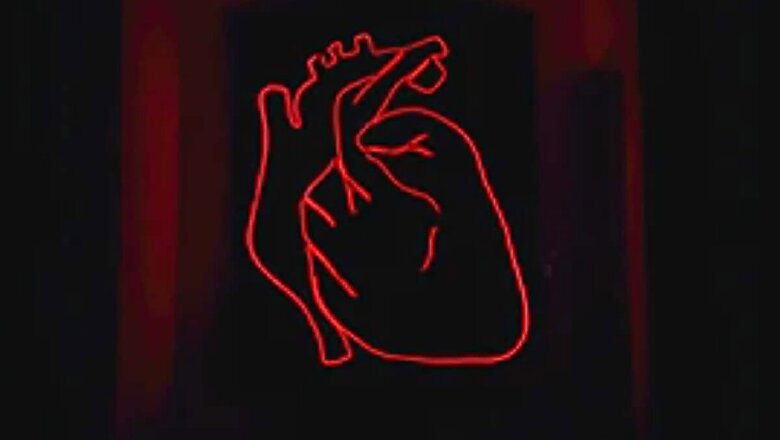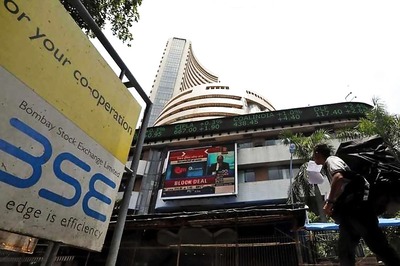
views
A heart attack does not always occur with obvious symptoms. When a heart attack has minimal, unrecognized or no symptoms, it is called a silent heart attack or silent ischemia. During a silent heart attack, one may not face the typical symptoms that are associated with a heart attack like chest pain and shortness of breath.
Those who have had a silent heart attack may experience indigestion, flu-like symptoms or a strained chest muscle. However, you should know that just like any other heart attack, a silent heart attack involves blockage of blood flow to one’s heart and it could cause damage to the heart muscle.
Let us have a look at some of the symptoms of a silent heart attack:
- Difficulty in breathing and dizziness: There may be times when shortness of breath occurs without any sign of chest pain. This might be a sign that the heart is not able to pump blood to the rest of the body. Dizziness or a feeling of lightheadedness can also be a symptom of a silent heart attack.
- Nausea and cold sweats: Throwing up, waking up in a cold sweat and nausea are usually signs of the flu but they may also be signs of a silent heart attack and it should not be ignored as it could give rise to a serious problem.
- Chest pain, pressure, fullness or discomfort: Silent heart attacks involve mild pain or discomfort. One may also experience a feeling of pressure, squeezing or fullness. These symptoms usually start slowly and they keep going away and coming back with time.
- Discomfort in other areas of the body: A heart attack does not always affect only the heart. Discomforts may be felt in various other parts throughout the body, which may make it difficult to identify as the symptoms of a heart attack. The various areas of the body where discomfort is faced include the arms, back, neck, jaw and stomach.
A silent heart attack may occur due to various reasons, some of which include:
- High blood pressure
- High cholesterol
- Smoking
- Family history of heart disease
- Obesity
According to a study that was published in May 2016, approximately every second heart attack that is reported is silent in nature. Silent heart attacks can only be detected by an electrocardiogram (ECG); therefore, routine ECG check-ups make it easier to recognize them in any individual. A long-term ECG system with one to three lead system may not be as helpful as a 12-lead ECG in such cases. In comparison to normal cardiac monitoring, the 12-lead ECG shows the 3D electrical activity of the heart, which had been recorded from 12 different leads or viewpoints.
In order to prevent a future heart attack, it is necessary to relax and stay calm since both the body and heart need that. One should call their doctor right away in case they recognize any of the aforementioned symptoms of a silent heart attack. Silent heart attacks can be avoided when we are aware of the risk factors, understand how our bodies work and exercise regularly.
This article was written by Dr Dinesh Kumar Mittal, Director & HOD, Adult CTVS (Cardiothoracic and Vascular Surgery), Fortis Hospital, Shalimar Bagh.
For more information, read our article on Heart Attack.
Health articles on News18 are written by myUpchar.com, India’s first and biggest resource for verified medical information. At myUpchar, researchers and journalists work with doctors to bring you information on all things health.




















Comments
0 comment